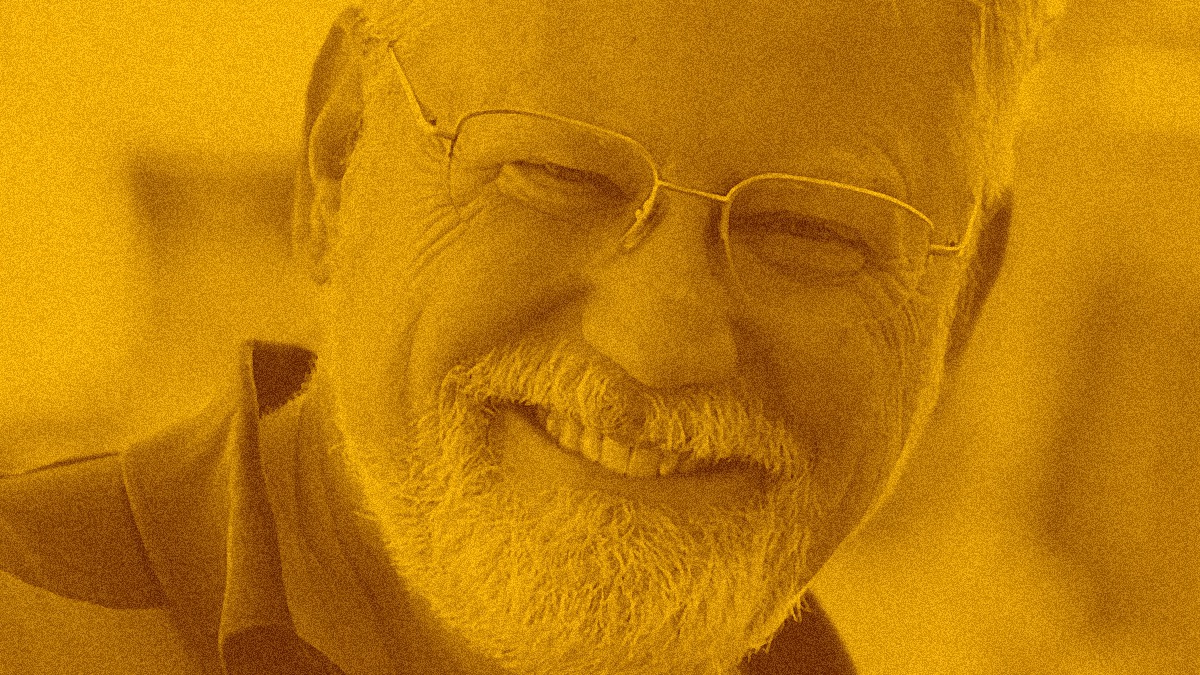Episode 114 of The Informed Life podcast features a conversation with Dan Russell. Dan worked at Google as a Search Anthropologist: “someone who tries to understand how people search, what kinds of things they seek, and how their tools influence their search process.” His book The Joy of Search distills his learnings to help you become a better searcher.
The key premise is that many people believe they are good searchers, but are often satisfied with the first result they get. Beyond technical advice (e.g., wrap search phrases in double quotes when you want results to include that exact phrase), the book instills curiosity in the reader.
Interactions with a search engine are like conversations, and people often stop the conversation too early:
one of the failure modes I see a lot is people will start searching on something, they’ll get an answer, done! Then they’ll stop. Often — and I think the book points this out — if you go one level deeper, all of a sudden, an entire universe opens up below that.
The book is structured as a series of over-the-shoulder searching sessions with Dan, each of which produces fascinating insights. For example, in the podcast, he related a story to illustrate the point made above:
I remember reading once upon a time about a lake in Africa that exploded. And this is one of the chapters in the book. And I’m thinking, “A lake explodes? What does that mean?” And you do the search, and you find, “Oh yeah, there’s this lake in Africa that actually exploded.” Okay, fine. You could stop there. But one more search will get you a whole backstory about volcanoes and carbonated oxide and lake that overturn on a little breeze and why it ended up killing thousands of people. If you stopped with the first query, and you go, “Yeah, lakes explode. I’m done.” You lose a lot of backstory! I think a more important point is that really good searchers also go one level deeper.
Being an effective search user isn’t just about knowing what phrases to type into a search box. It’s about adopting a stance of curiosity toward the universe and the information in it.
What you need to know is how to evaluate that information that you get back, and to know a little bit about the structure of the universe. There’s this sort of conceit, I think, among a lot of computer scientists — a lot of tech people — that information is infinite and flat. You can access it and Google just straightens it all out for you. It’s not really true, right? It turns out the information universe is lumpy, and it’s got little clumps of information.
You have access to the best tools that have ever existed for navigating this lumpy terrain. Dan’s book is a good guide, and this conversation gives you a sense of the book’s tone and content. I hope you get as much value from this conversation as I did.
The Informed Life episode 114: Dan Russell on the Joy of Search
